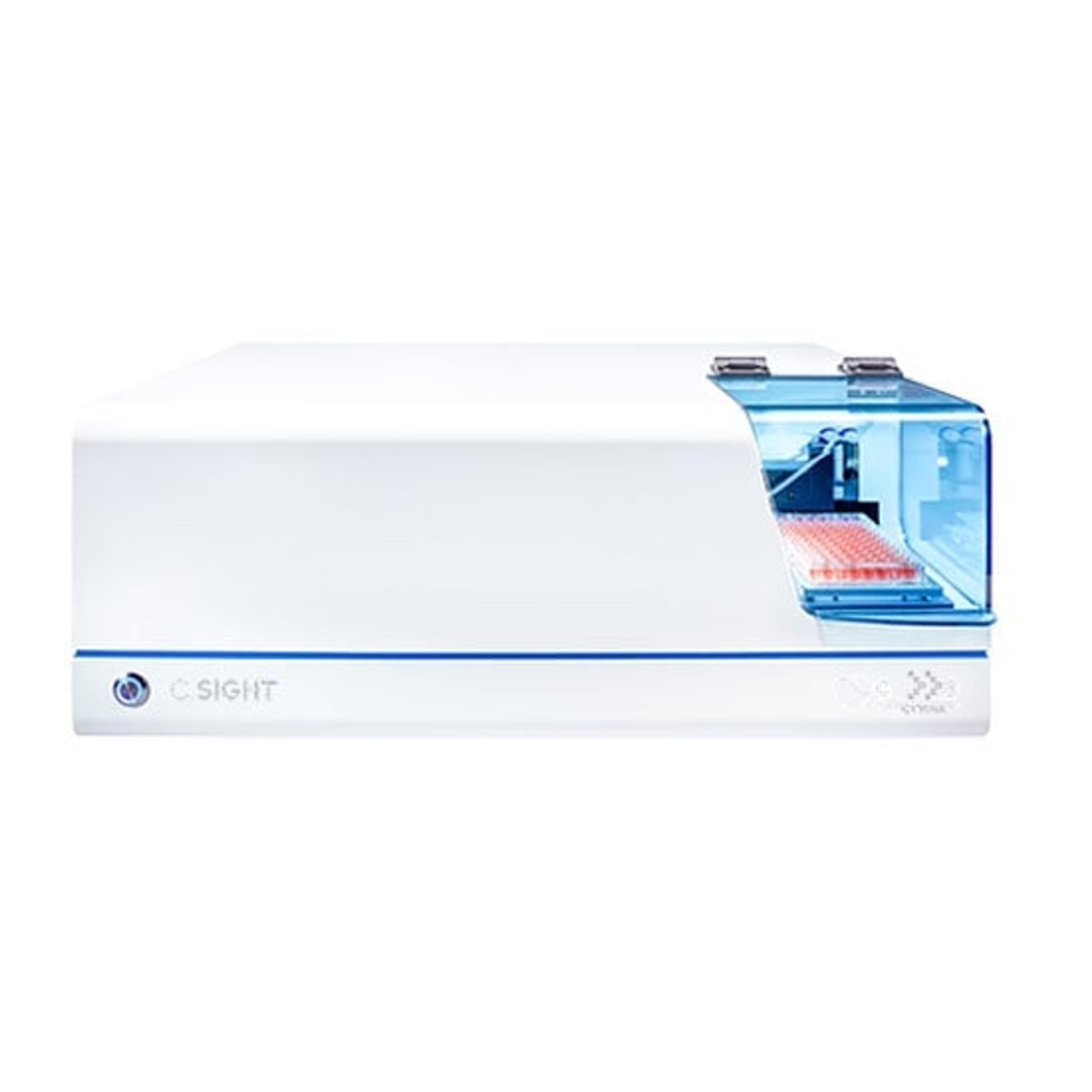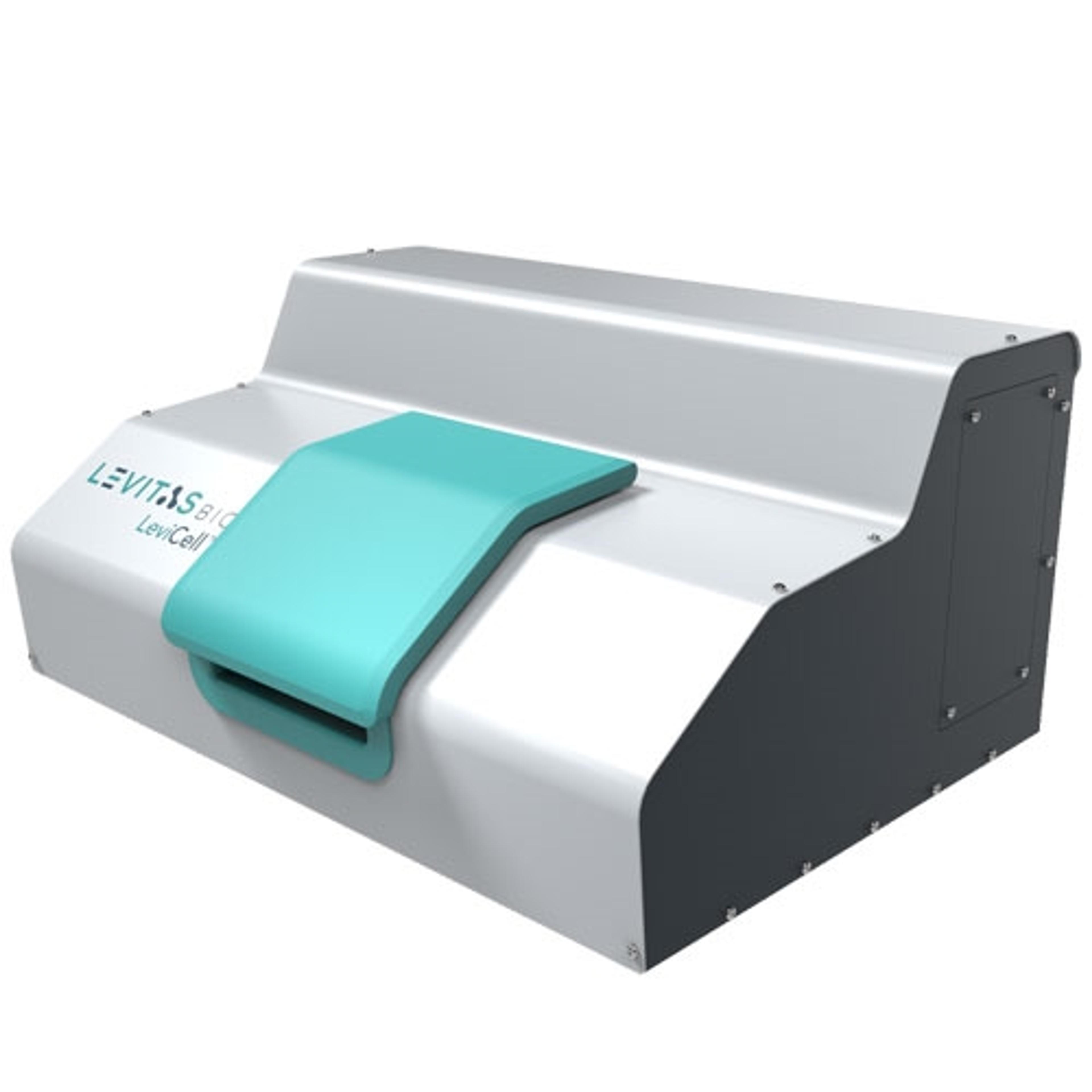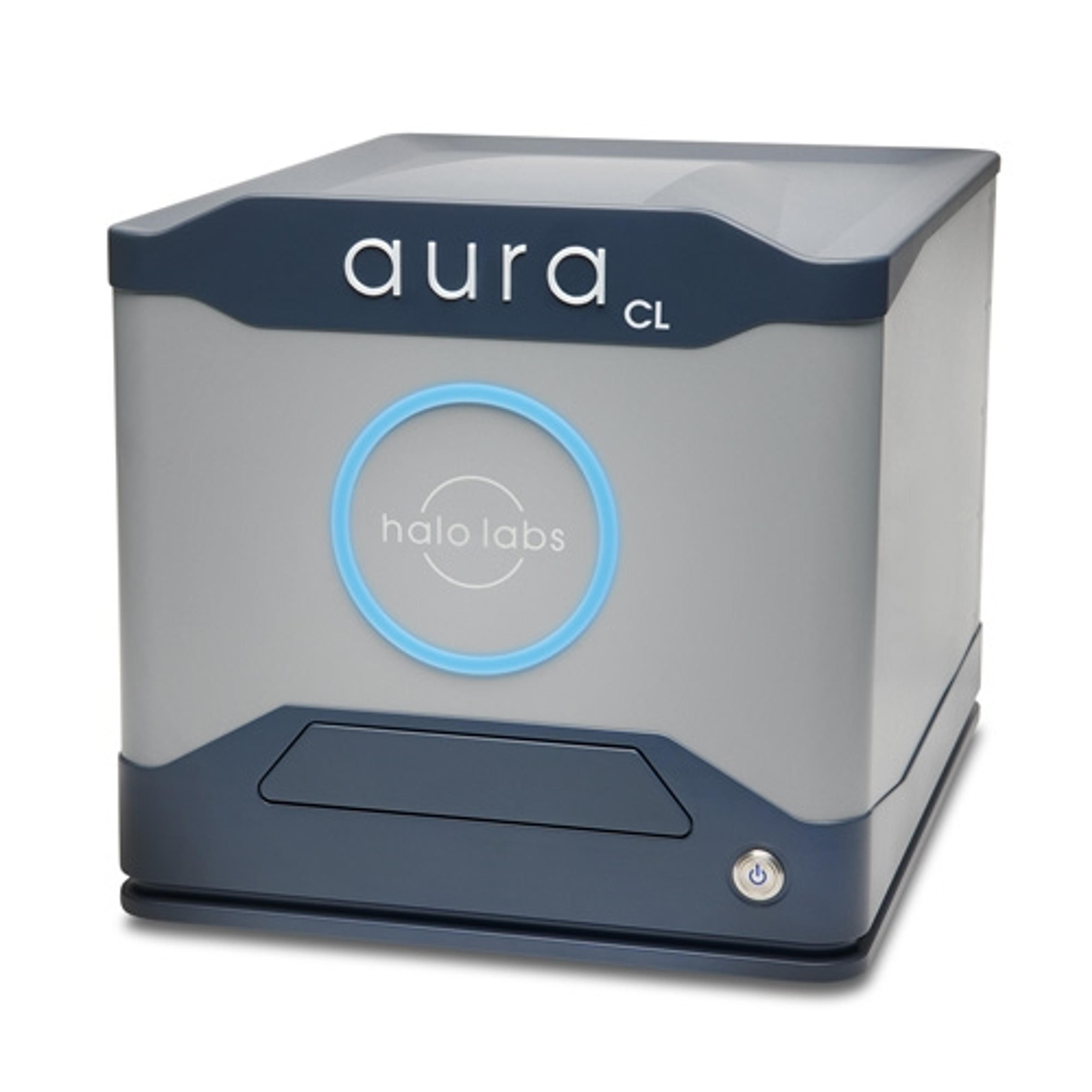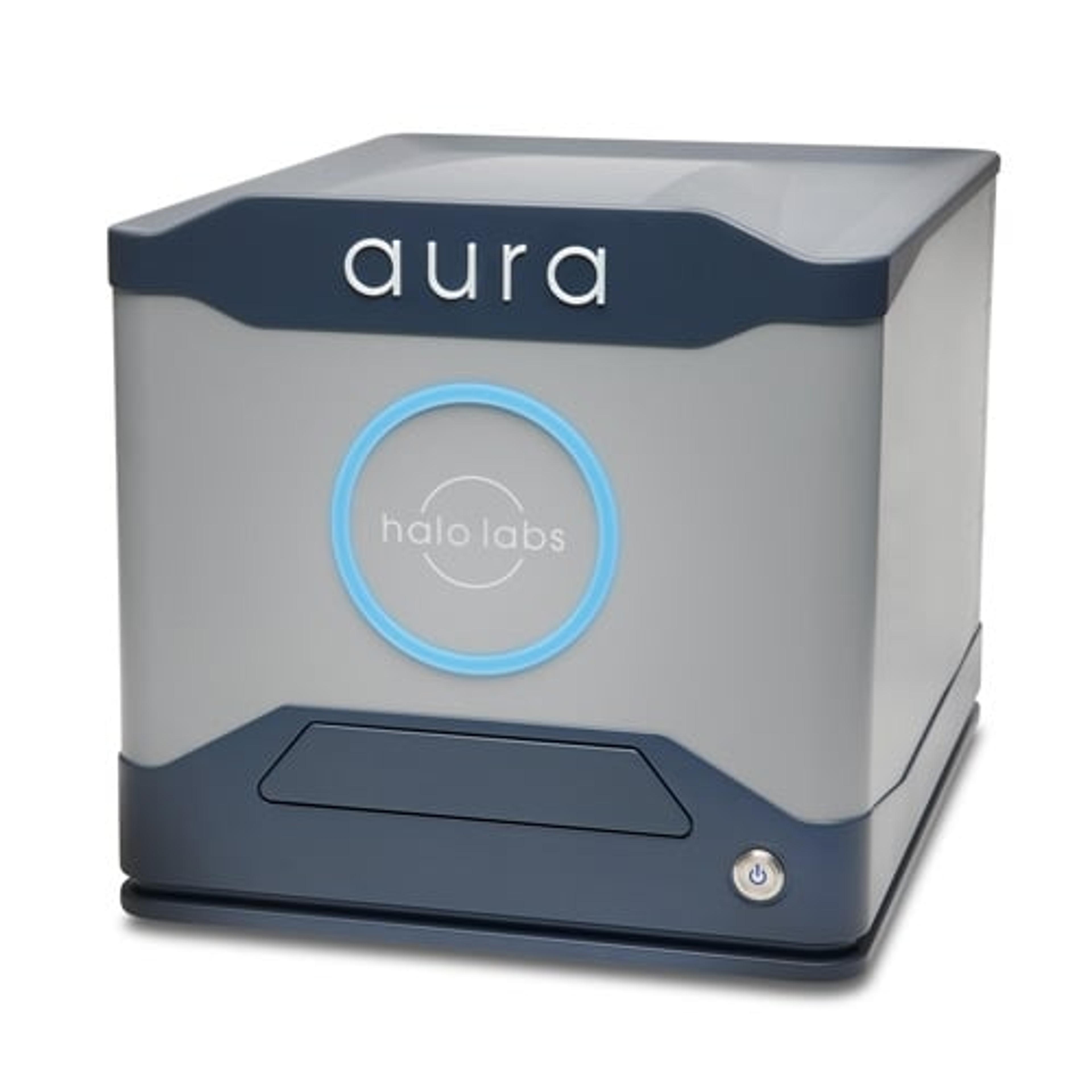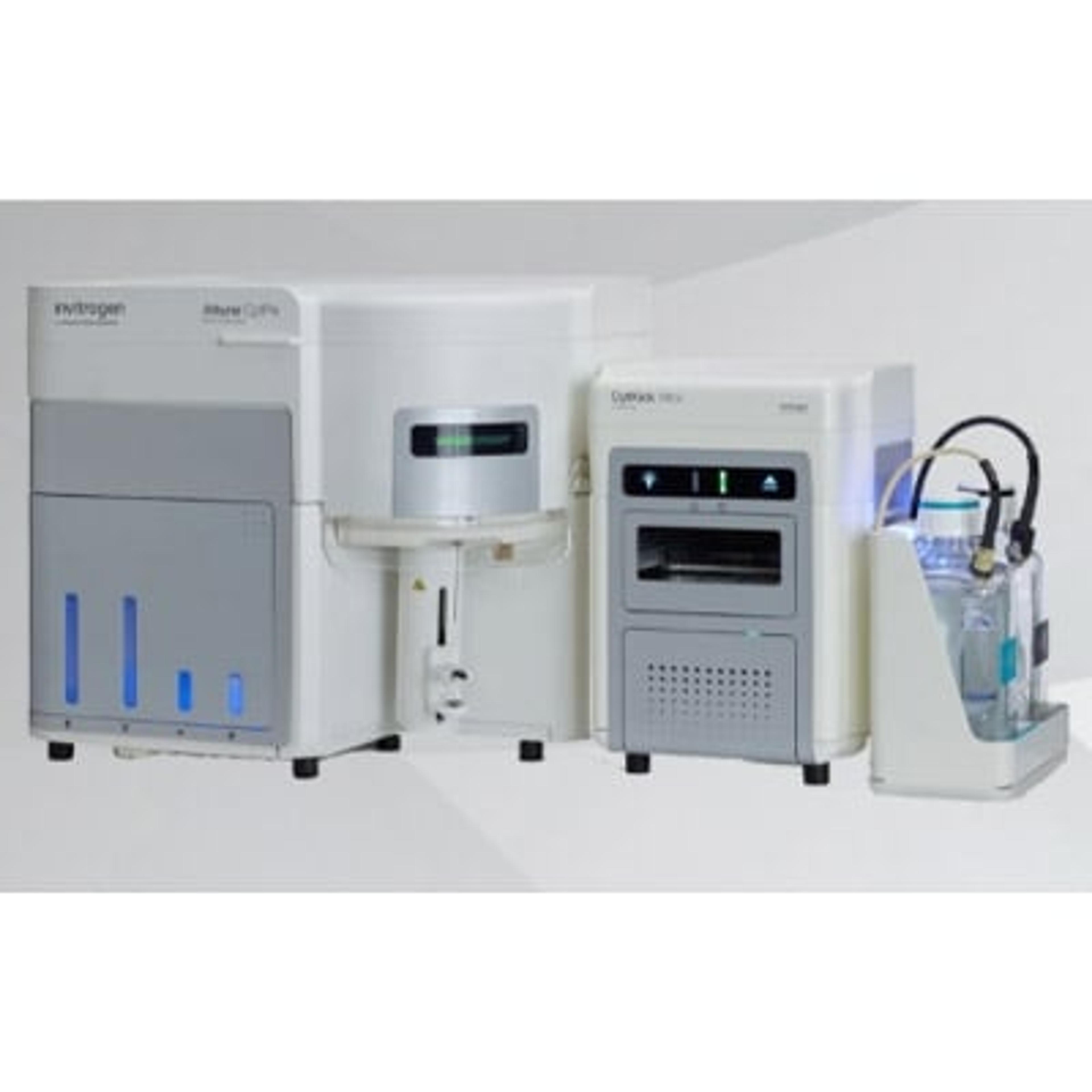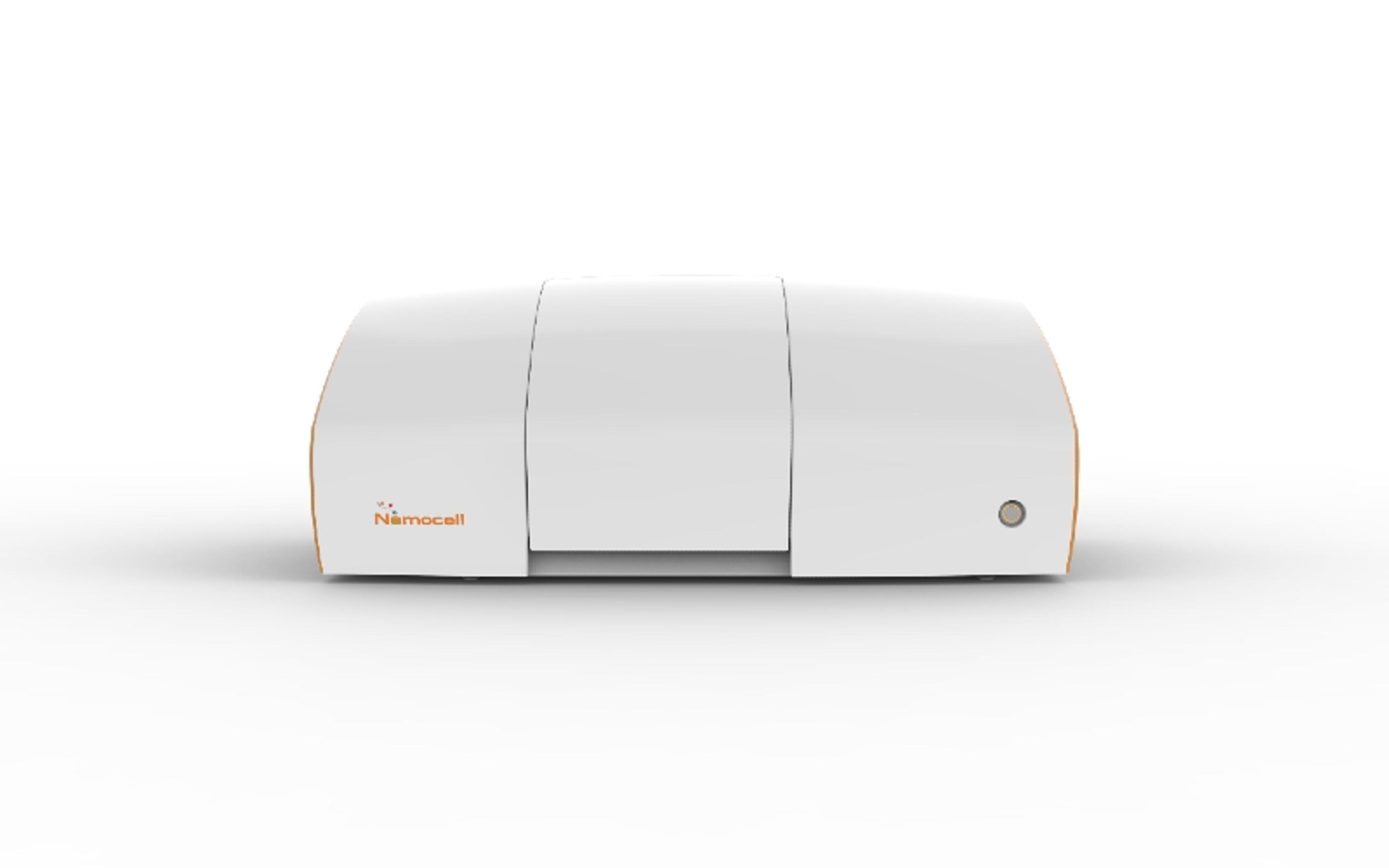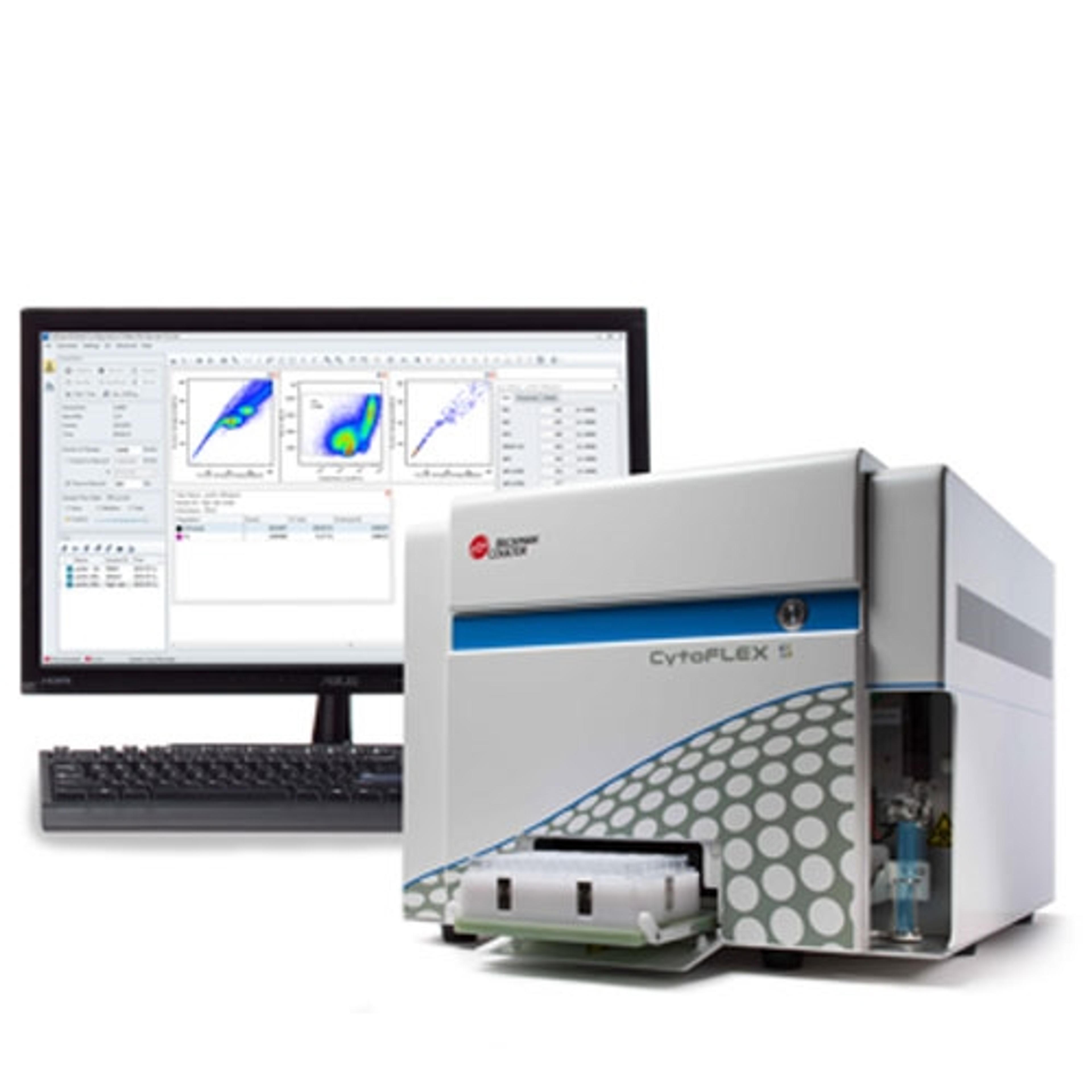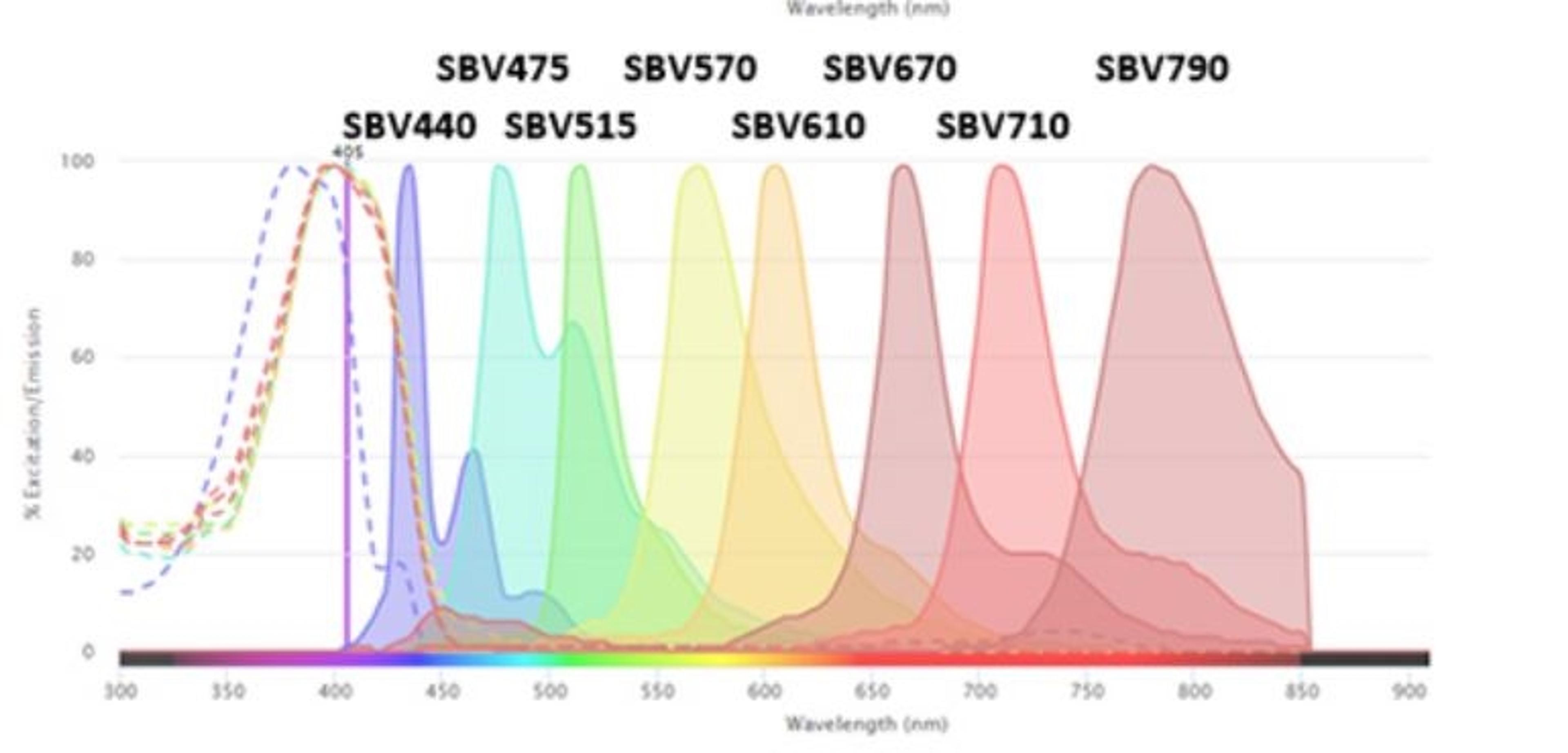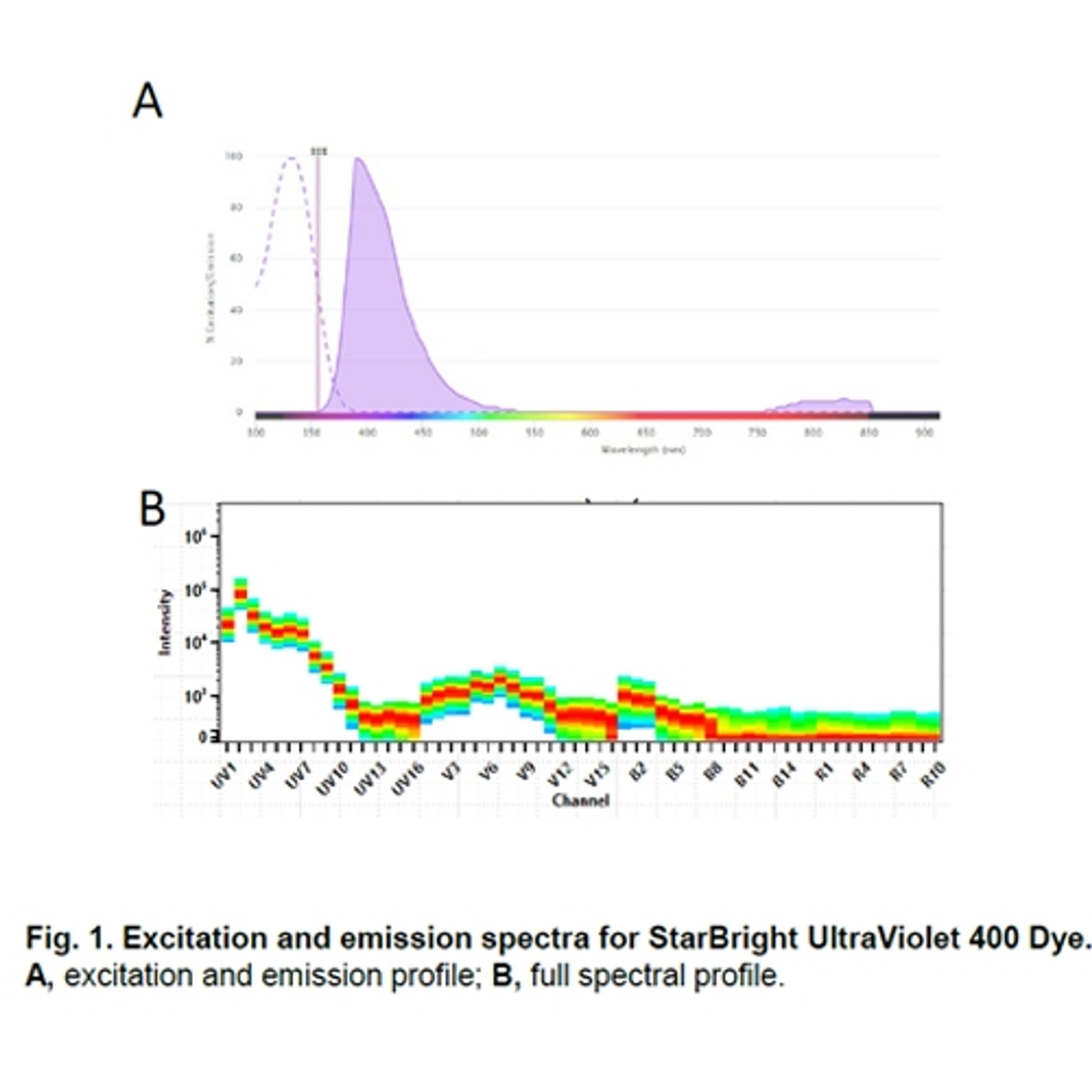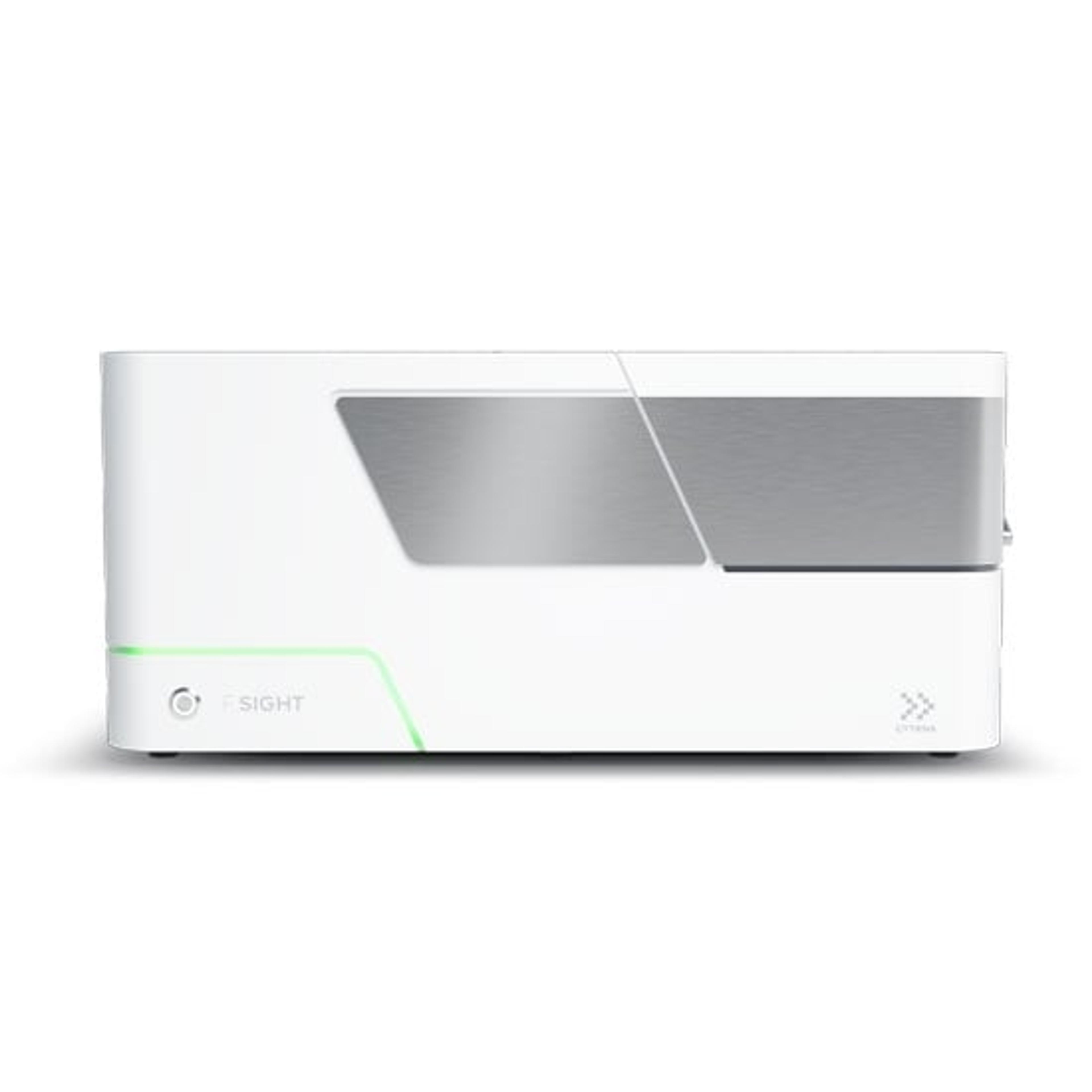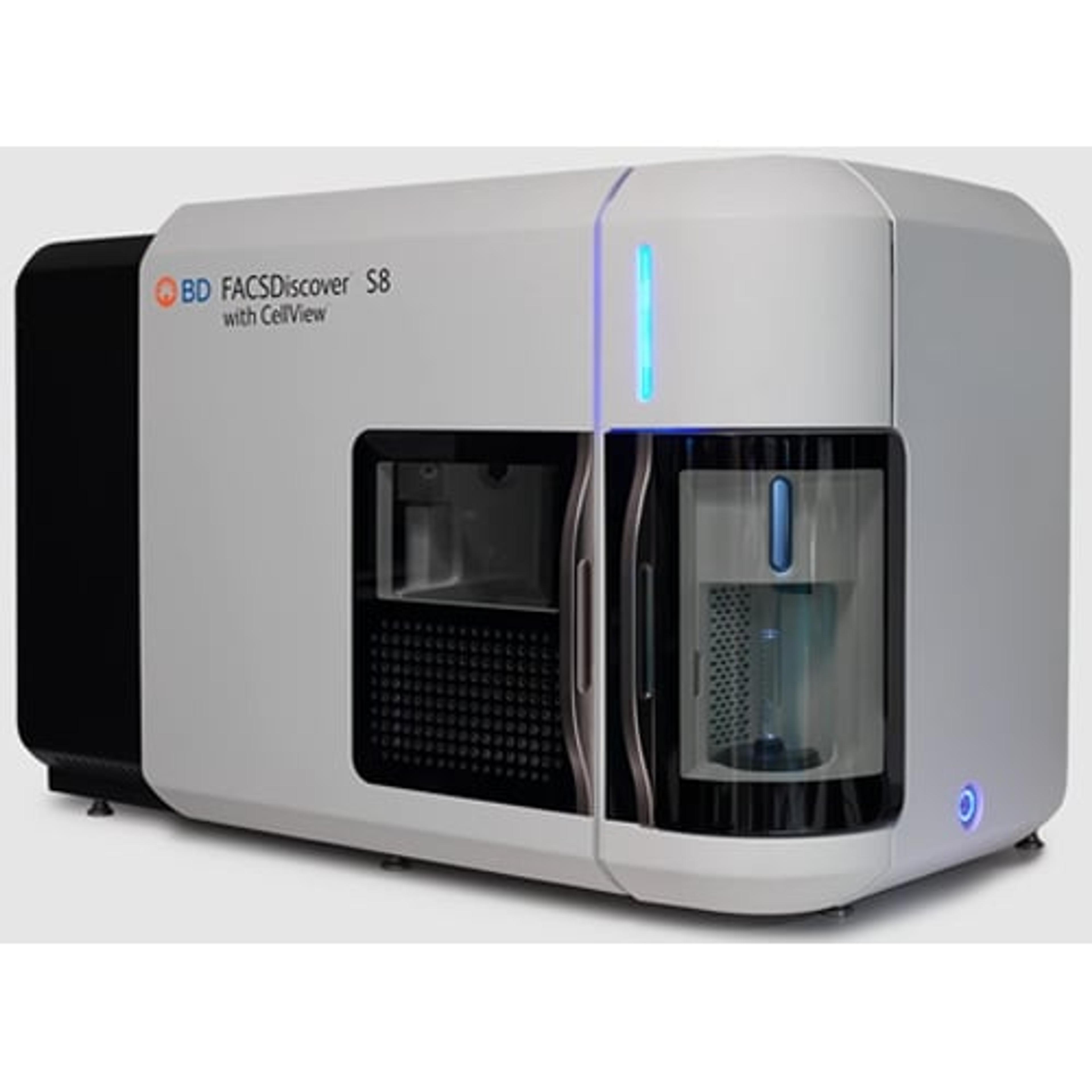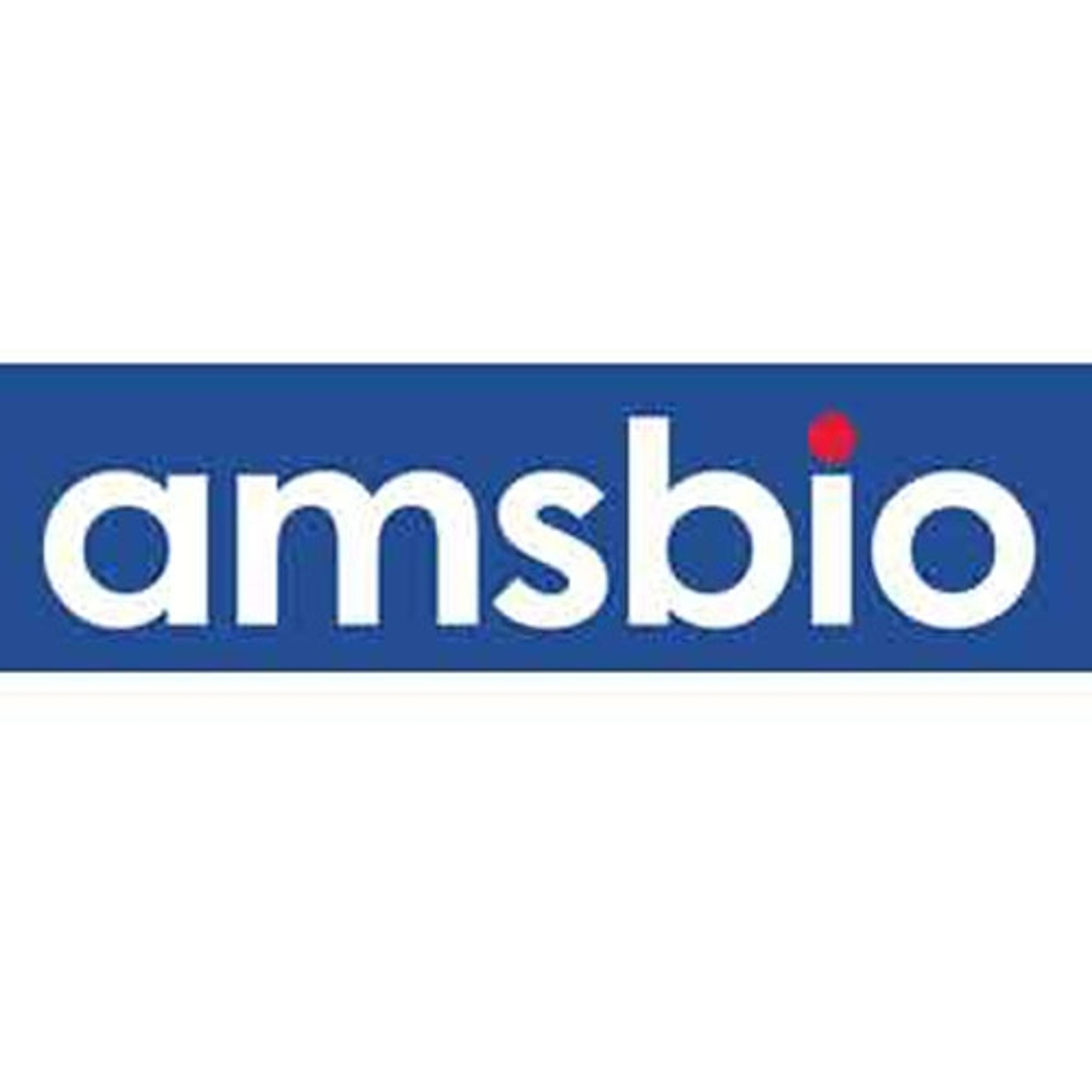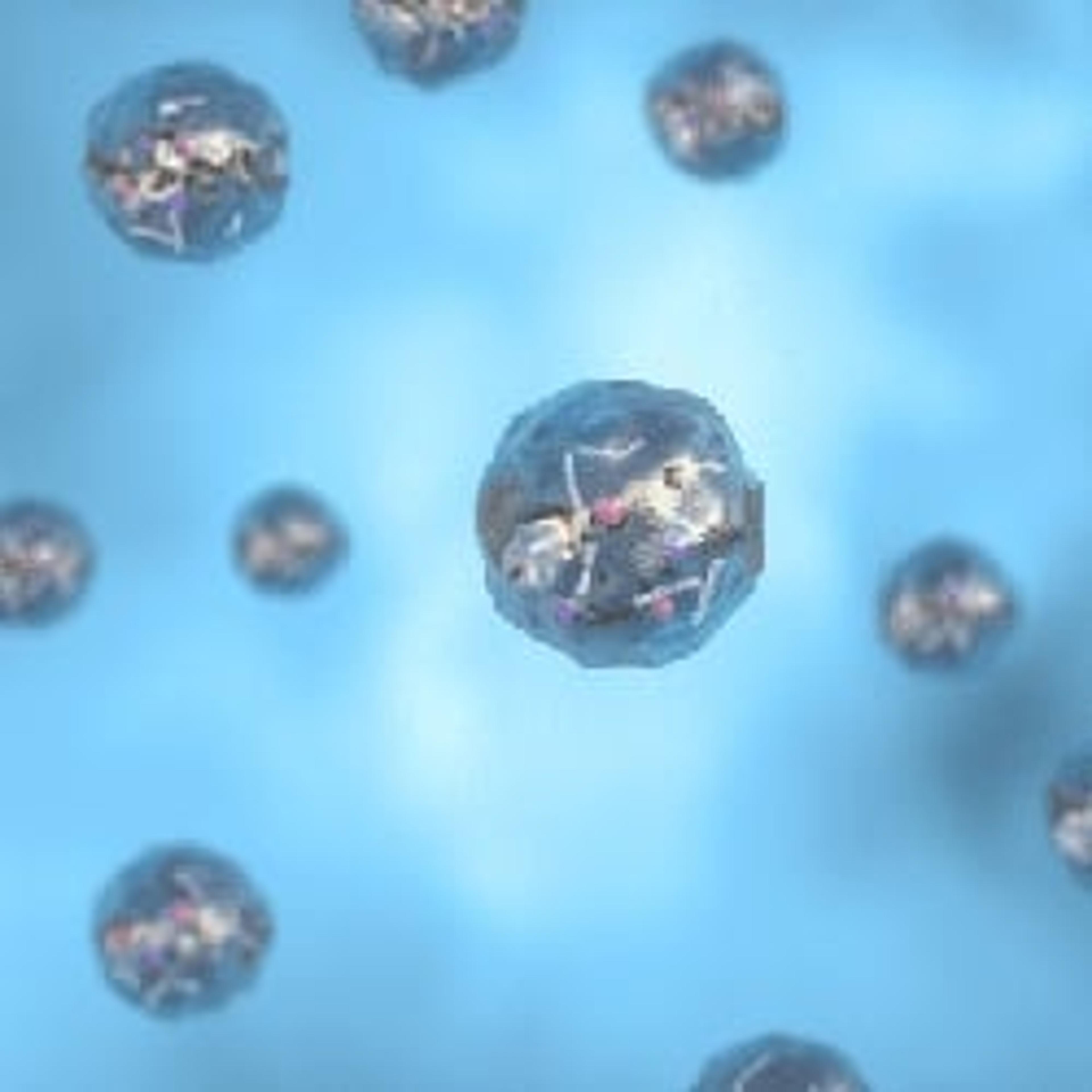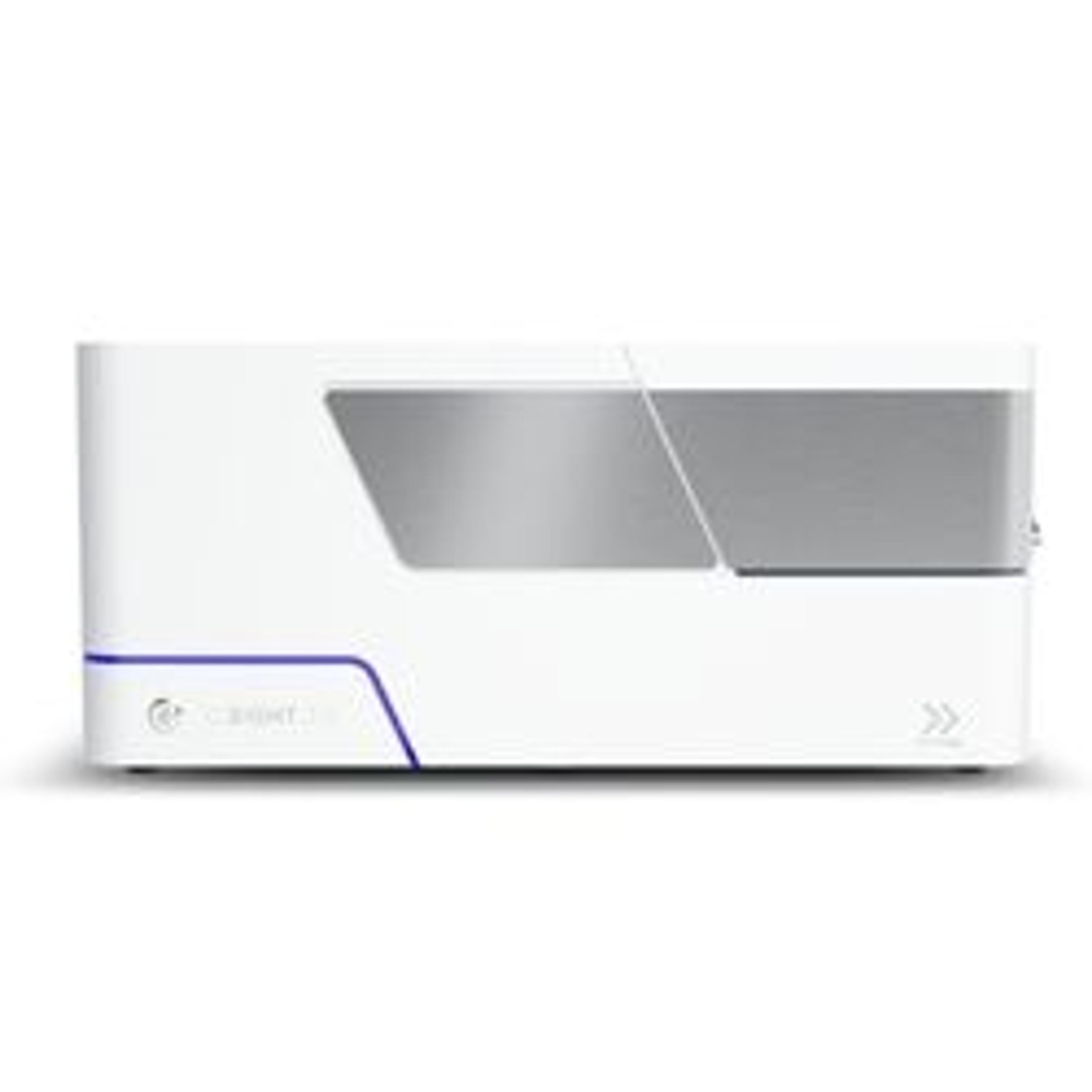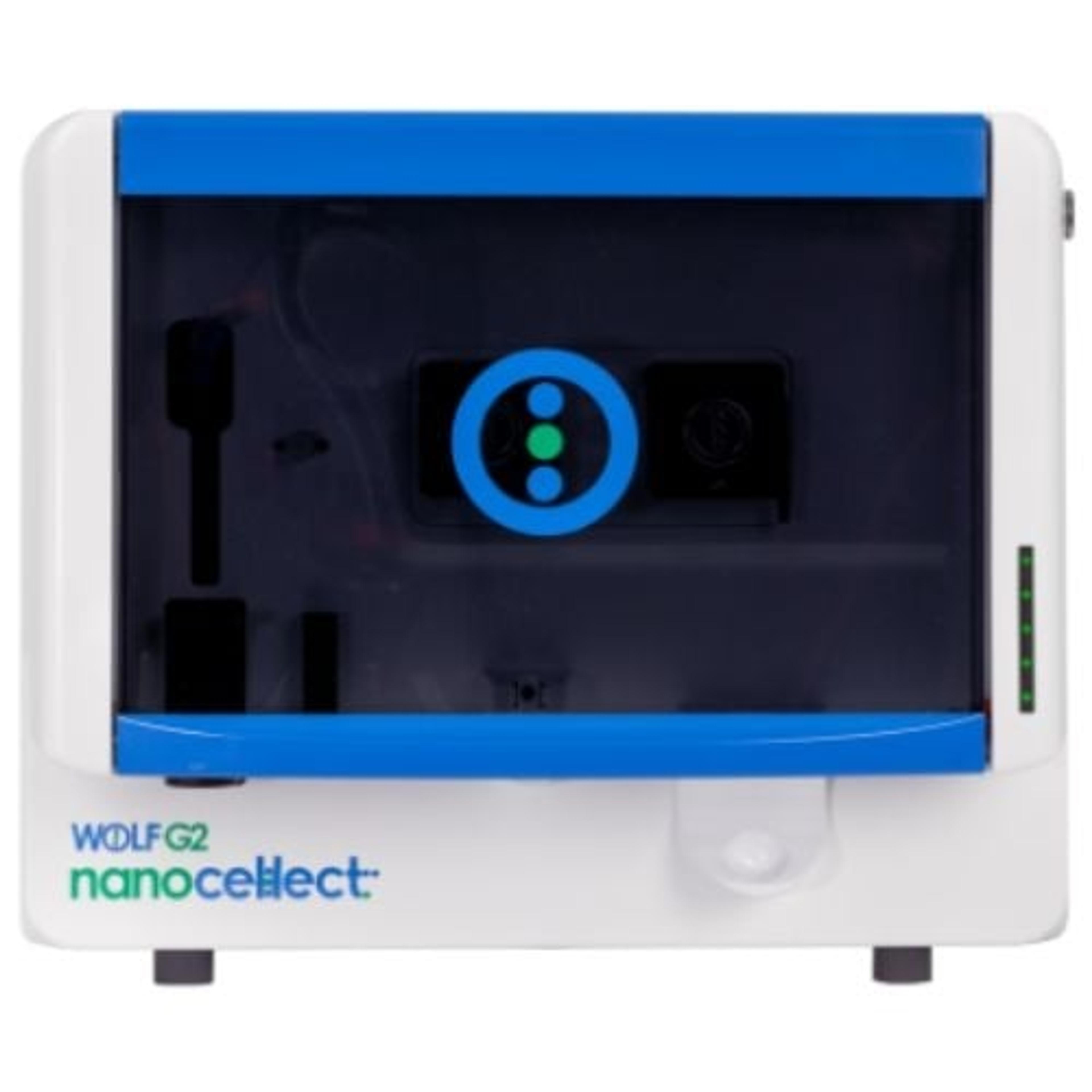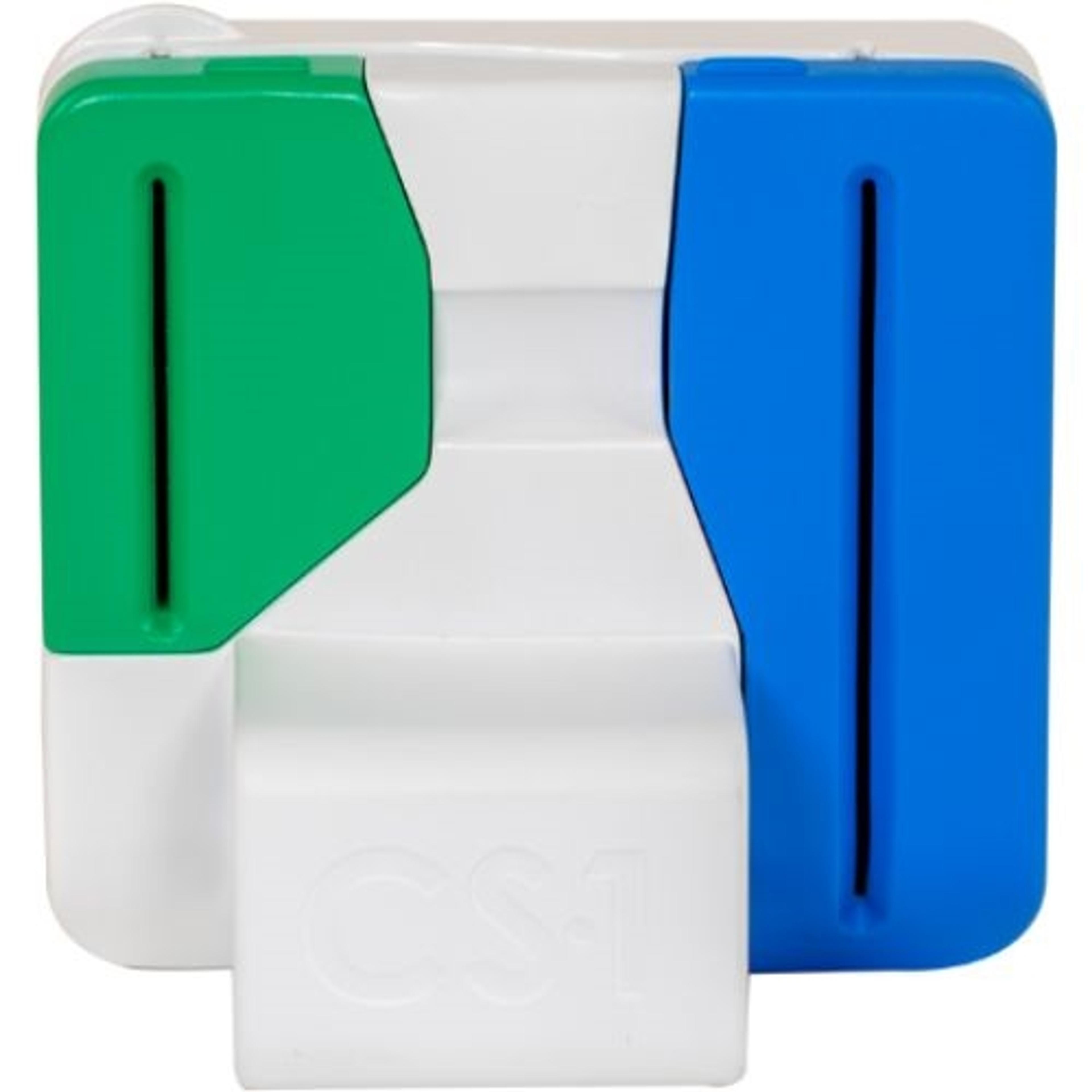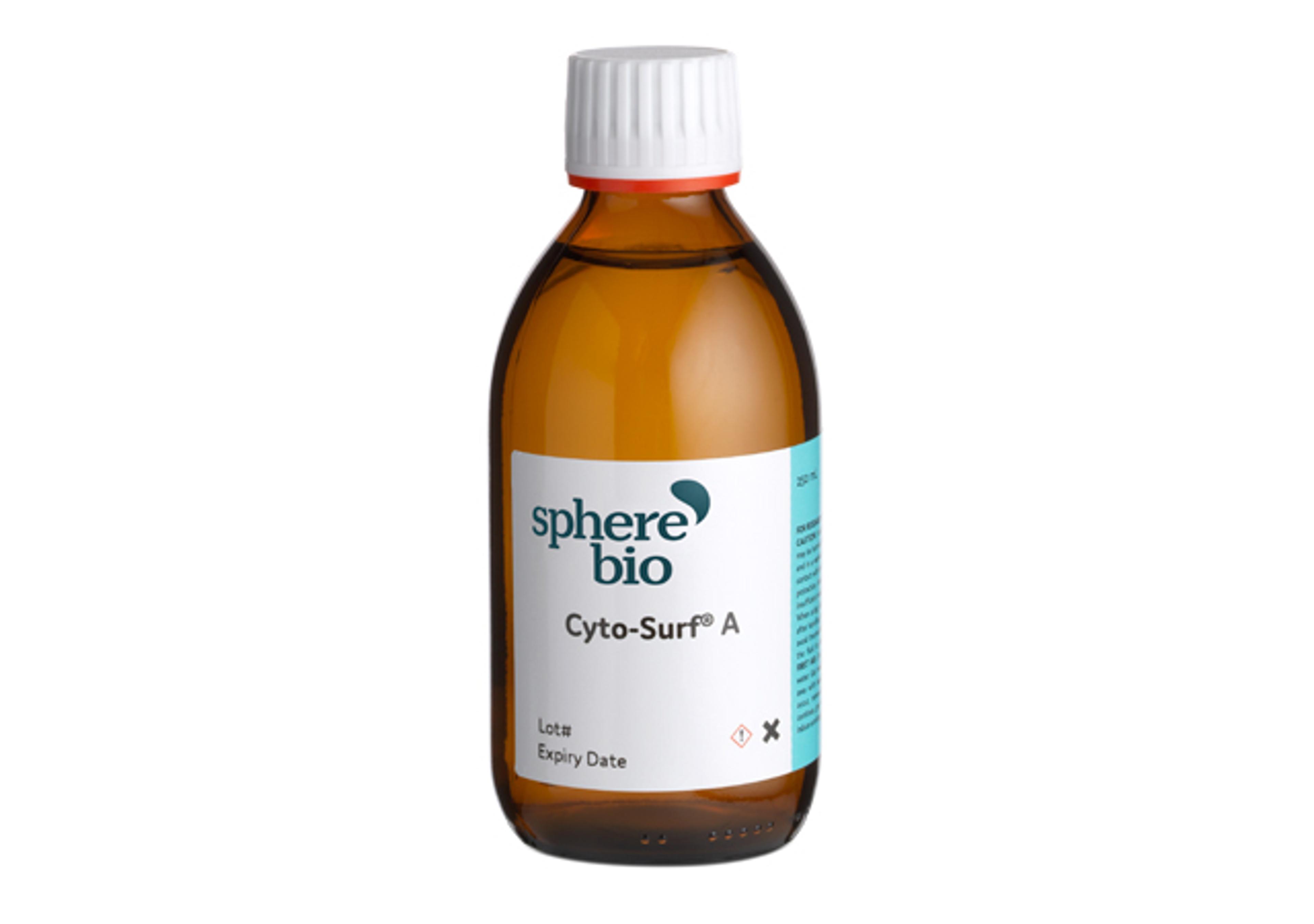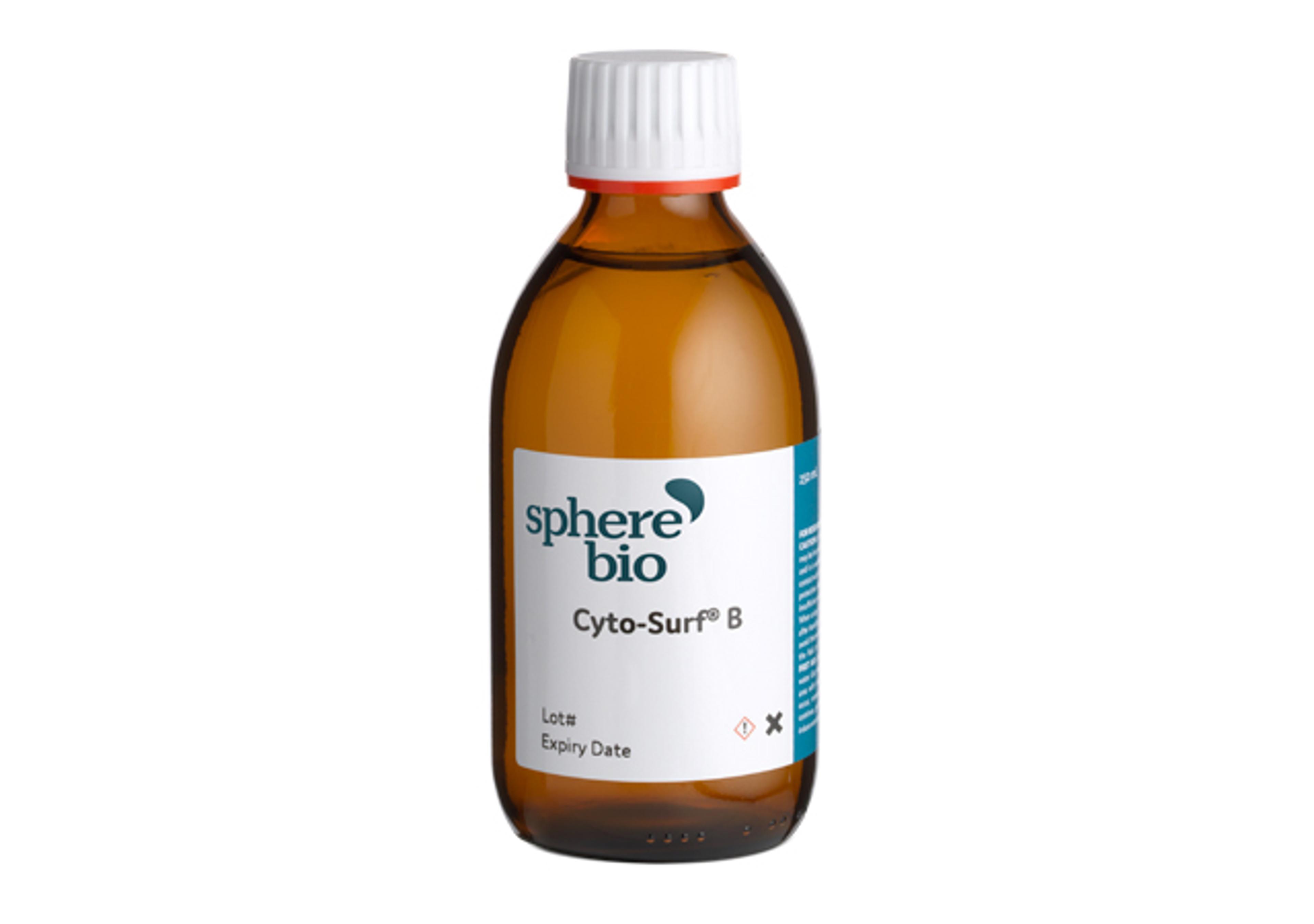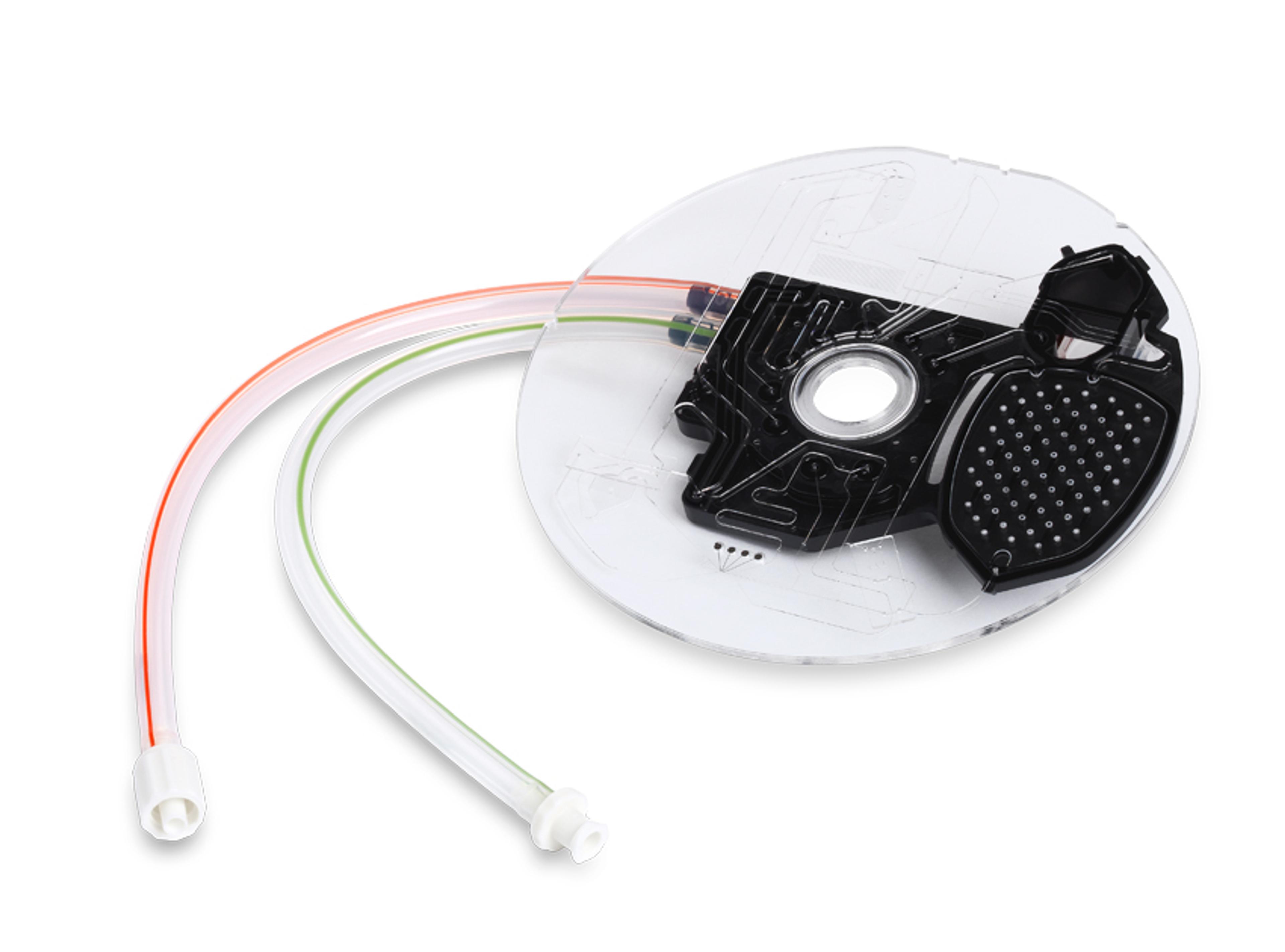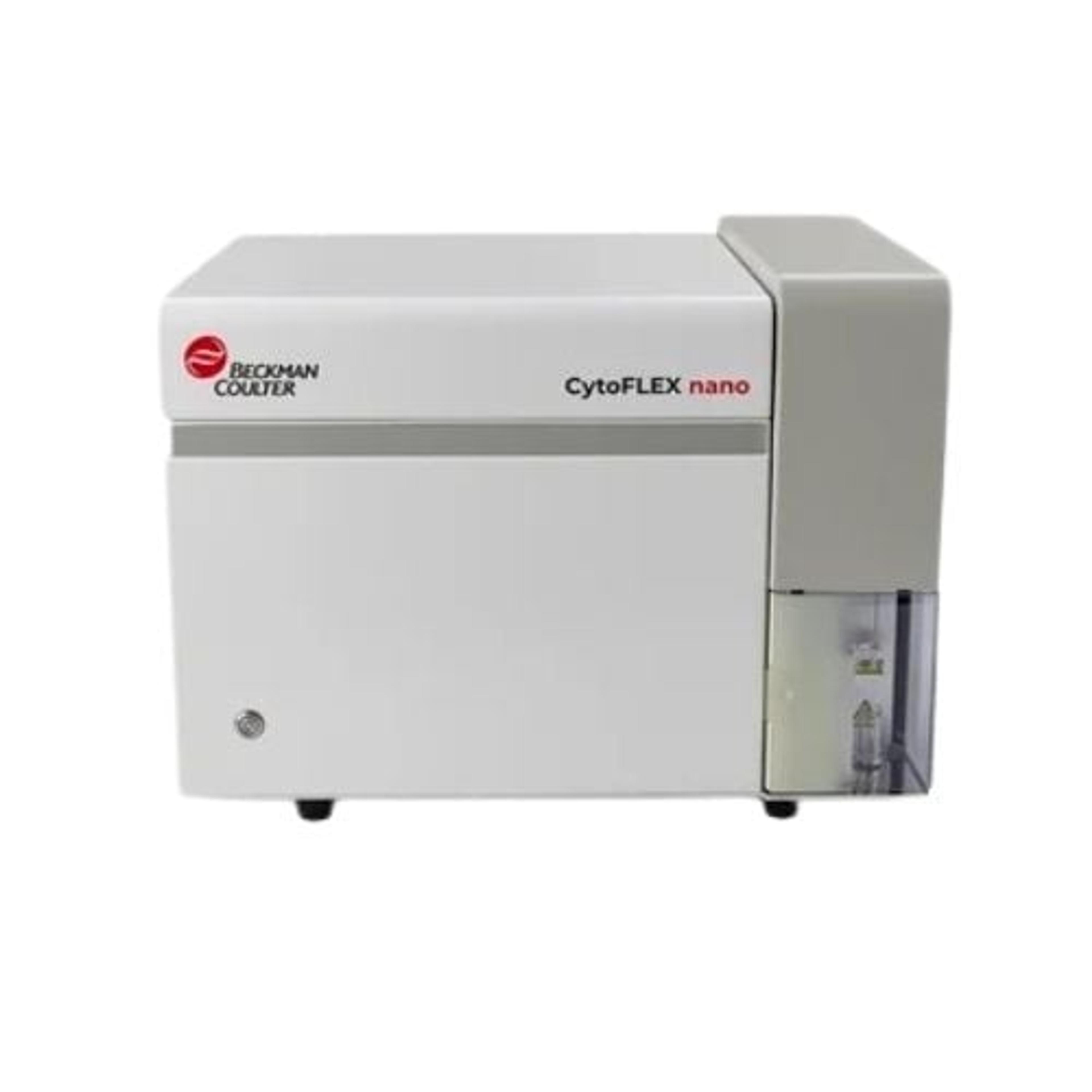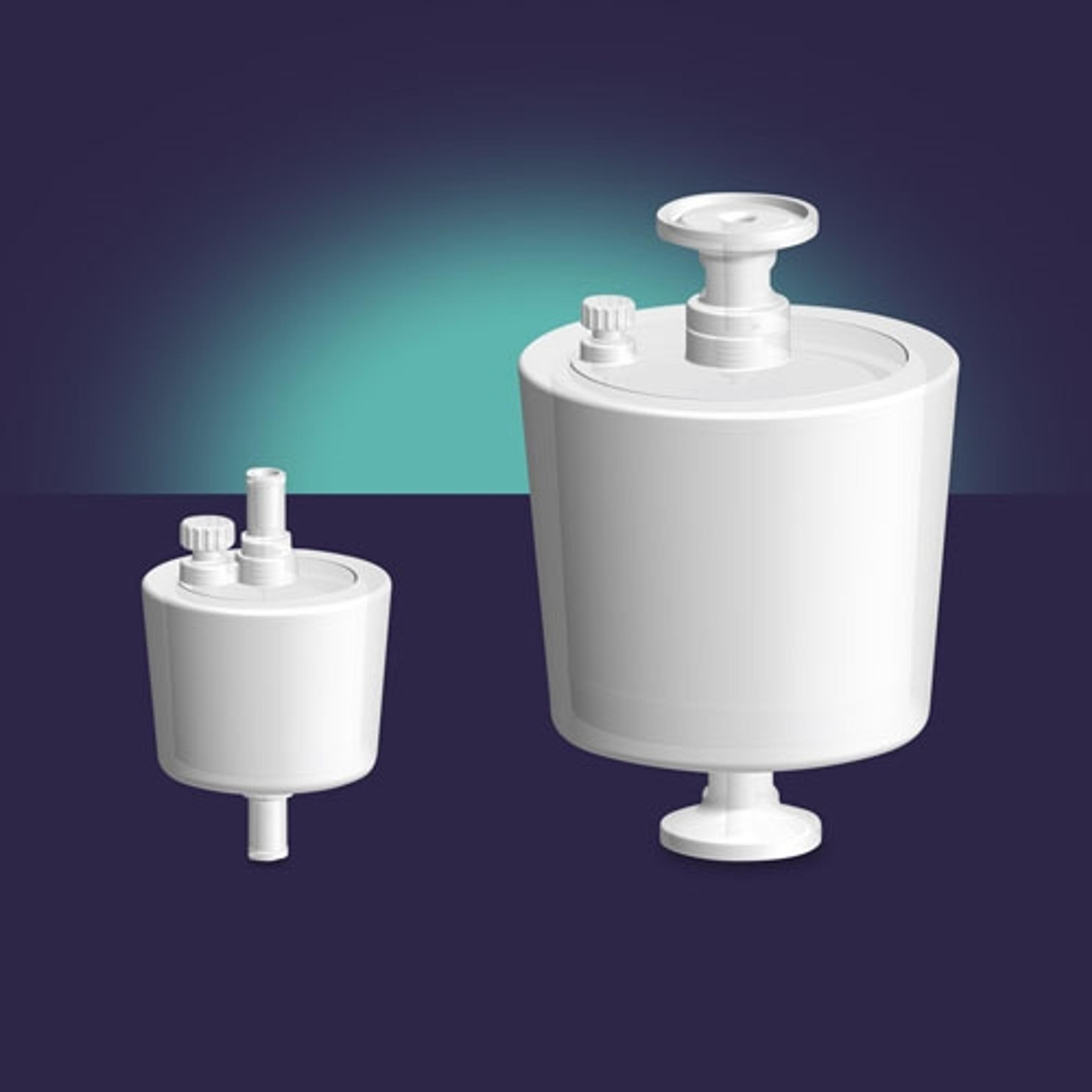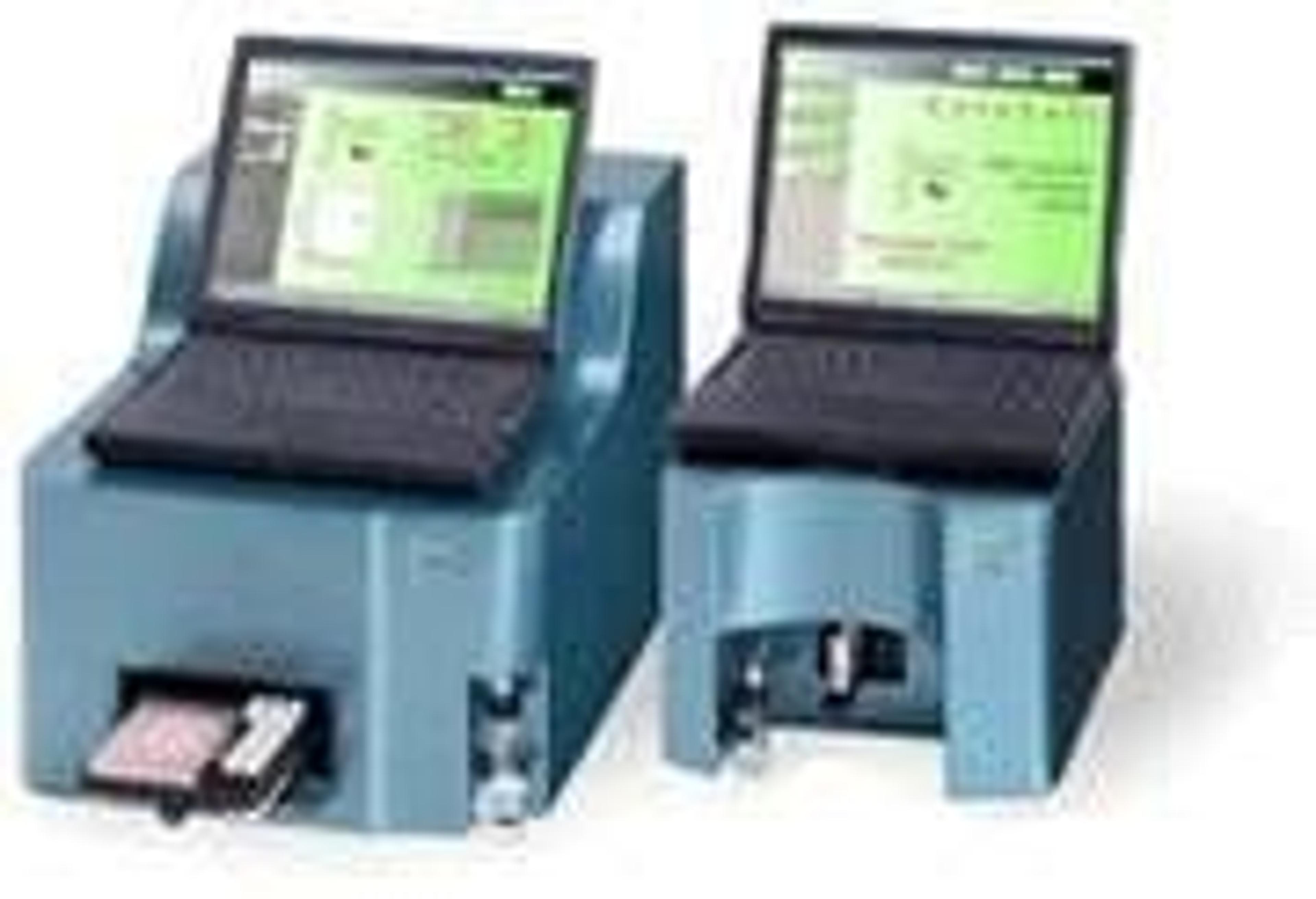Flow Cytometry / Cell Counting Products & Reviews
Flow cytometers are used to count, sort and examine multiple characteristics of cells. Other cell analysis equipment includes image cytometers, cell counters, fluorescence-activated cell sorters (FACS), magnetic-activated cell sorters (MACS), and a range of flow cytometry assay kits. Flow cytometers can reveal information on cell viability, cell proliferation, apoptosis and cell cycle progression, as well as identify cell populations and intracellular or cell-surface molecules. Additionally, some flow cytometers, known as FACS, have an additional sorting function after analysis. Cell counters and image cytometers count live and dead cell populations and can also conduct cell proliferation assays. Find the best flow cytometers, cell counters and cell sorters in our peer-reviewed product directory: compare products, check customer reviews and receive pricing direct from manufacturers.
Selected Filters:
Aura CL
Halo LabsAura® CL systems couples Fluorescent Membrane Microscopy and Backgrounded Membrane Imaging to help you understand what’s in your cell therapy. It detects, counts, sizes, and IDs cellular aggregates and subvisible particles and ID’s cellular from other particles without any machine learning so you can maximize the purity, safety, and efficacy of your therapeutic.
Aura
Halo LabsAura® is the particle and aggregate detection system that combines Backgrounded Membrane Imaging which images 100% of your sample to give you count, size, and morphological information, with up to 2 channels of Fluorescence Membrane Microscopy. Identify if particles are protein or not with the first FMM channel and determine if your sample contains lipids, hydrophobic entities, or other aggregates of your choice with a second…
Attune CytPix Flow Cytometer
Thermo Fisher ScientificThe Attune CytPix Flow Cytometer is an advanced cell analyzer that combines acoustic focusing fluidics for high sensitivity and high throughput with a high-speed camera.
Pala Single Cell Dispenser
Bio-TechneThe Namocell Pala Single Cell Dispenser makes single cell isolation and sorting effortless. It has 2 lasers and up to 11 fluorescent channels and can isolate virtually every cell type. Pala offers 3 sorting modes for versatile cell isolation needs: Single Cell Dispensing, Rare Cell Enrichment and Bulk Cell Sorting. This benchtop instrument simplifies and empowers many single cell applications and requires no special training…
Flow cytometry bioanalysis service
ResolianOur flow cytometry service offers a range of assays to support pre-clinical through to late phase drug development.
StarBright Dyes for Flow Cytometry
Bio-RadStarBright Dyes are new, bright, fluorescent nanoparticles designed for flow cytometry. They have narrow excitation and emission properties to fit into any multicolor flow cytometry panel, and maximal brightness to detect rare populations and low-density antigens. Available conjugated to highly validated flow cytometry antibodies, they work in all buffers, provide consistent staining, can be premixed, and are suitable for con…
StarBright UltraViolet 400 Dye
Bio-RadExcitable by the 355 nm laser, StarBright UltraViolet (SBUV) Dyes are a perfect way to expand your flow cytometry panels, giving you more flexibility in your panel design while avoiding spillover and spreading. Available with maximal emissions ranging from 400 to 800 nm, eight additional dyes are coming soon with the same exceptional properties as the other StarBright Dyes and are conjugated to our validated antibodies. Suitab…
F.SIGHT™ 2.0 - Next-Gen Single Cell Dispenser with Fluorescent Sorting
CYTENARapid single-cell dispensing with fluorescent sorting.
BD Horizon RealYellow™ and RealBlue™ Reagents
BD BiosciencesSpend Less Time Optimizing Panels and More Time Discovering
Lyophilized Exosome Standards
AMSBIOAMSBIO's purified extracellular vesicles (EV) are obtained from a variety of biological sources: cell culture supernatant, human plasma, serum, and urine.
Exosome Isolation
AMSBIOAMSBIO has developed and optimized methods and tools for fast, scalable and reproducible Extracellular Vesicle (EV) purification, as well as addressing EV heterogeneity and high throughput solutions for biomarker discovery.
C.SIGHT™ 2.0 - Single Cell Isolation
CYTENANext-generation label-free single-cell isolation for cell line development.
CS1 Chiller-Stirrer
NanoCellectA module for the WOLF ® G2 Cell Sorter to provide cooling and stirring of sample.
Cyto-Surf® A
Sphere BioCyto-Surf® A is required to operate Cyto-Mine®. It provides the oil phase of our water-in-oil picodroplet system and is fully optimized for use with Cyto-Mine®.
Cyto-Surf® B
Sphere BioCyto-Surf® B is required to operate Cyto-Mine®. It provides the surfactant necessary to make stable biocompatible picodroplets and is fully optimized for Cyto-Mine®.
Cyto-Cartridges®
Sphere BioCyto-Cartridge® provides the core microfluidic functions used by Cyto-Mine® to implement picodroplet workflows. It is a single-use, fully disposable device to ensure zero cross-contamination between runs and maintain cell quality.
CytoFLEX nano Flow Cytometer
Beckman Coulter Life SciencesThe CytoFLEX nano Flow Cytometer is the newest member of the CytoFLEX Platform.
ExoHERO®
Astrea BioseparationsExtracellular vesicle isolation with high recovery of EVs, including exosomes
Cell Cycle™ Assay
MerckFor researchers who want to do cell cycle research at their benchtop, Guava Cell Cycle assay can be used for measuring G0/G1, S, and G2/M phase distributions. Based on the established method of whole-cell staining with propidium iodide (PI), Guava's cell cycle assay is easy to learn. Guava Cell Cycle software includes markers that can be set for quick assessment of G0/G1, S, and G2/M phase cell cycle percentages as data is bei…
In Situ Cell Death Detection Kit, TMR red
Kit for the detection and quantification of apoptotic cell death on a single-cell level by flow cytometry and fluorescence microscopy, and for double labeling with fluorescein-labeled cell markers (TMR red)Benefits Convenient: No secondary detection system required. Accurate: Identification of apoptosis at a molecular level (DNA-strand breaks) and identification of cells at the very early stages of apoptosis. Flexible:…

